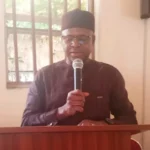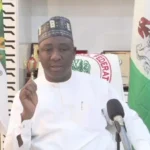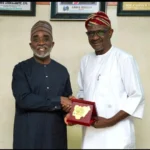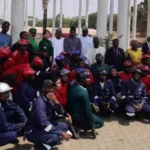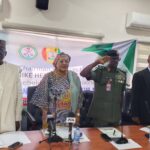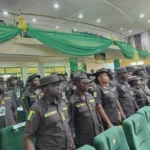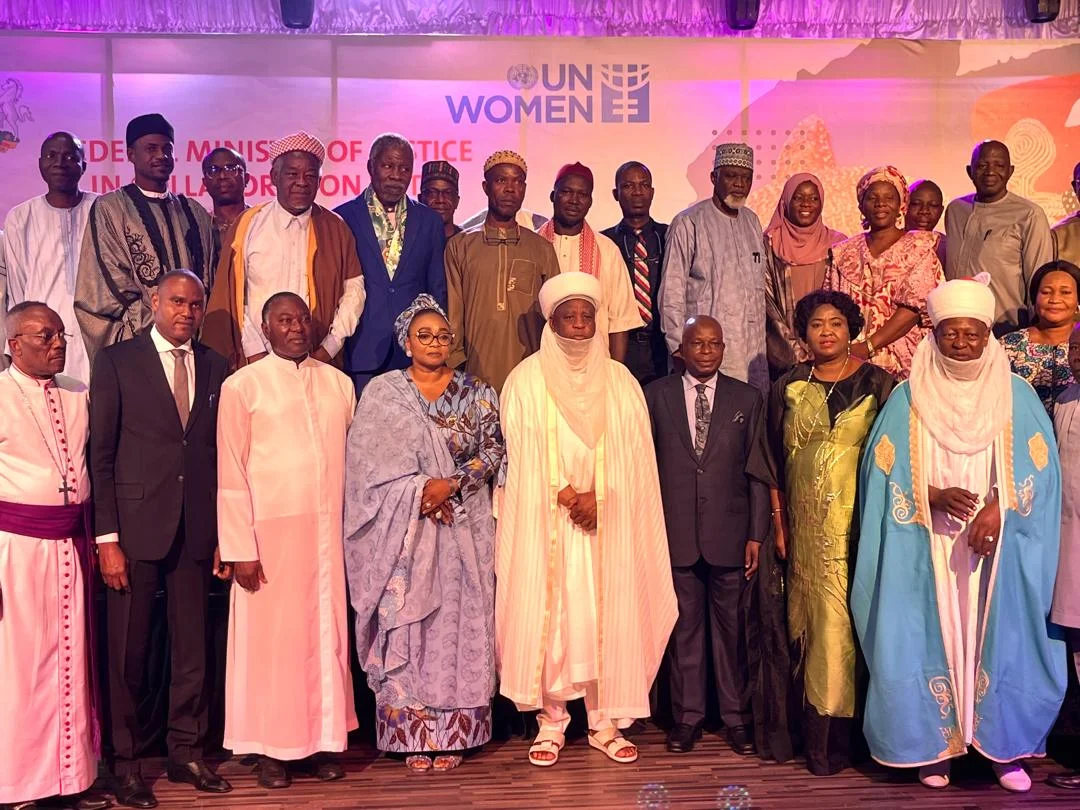By Justina Auta
The Sultan of Sokoto and President-General of the Nigeria Supreme Council for Islamic Affairs (NSCIA), Alhaji Sa’ad Abubakar, and the Christian Association of Nigeria (CAN) have reaffirmed their commitment to ending Gender-Based Violence (GBV) in Nigeria.
Their stance was emphasised during a capacity-building session for faith-based organisations on GBV, jointly organised by the Federal Ministry of Justice and UN Women, with support from the Ford Foundation on Friday in Abuja.
The Sultan stated, “Our personal presence here shows that we are very much aware of this, we are very committed, and we are deeply concerned about this violence being meted out to our people.
“It is high time we come out fully to tackle this monster, this scourge that has been inflicted on us by us, because human beings are the ones doing this.”
He highlighted the importance of promoting girl-child education and upholding family values, calling it both a religious obligation and a national imperative.
“Educating the girl-child will give them the strength and knowledge to defend themselves, avoid dangers, and take action against intruders,” he added.
The Sultan also acknowledged that GBV affected men and stressed the importance of unity, urging faith communities to collaborate across religious lines and with government institutions to eradicate GBV.
Also, Rev. Fr. Anselm Olorunfemi-Ologunwa, Chairman of CAN, Ondo State, described GBV as a gross violation of human rights, dignity, and human worth.
He called on spiritual leaders to play a proactive role in preventing GBV and ensuring access to justice for survivors.
“We must work together to address the root causes of GBV, including harmful traditional practices, gender inequality, and lack of access to education and economic opportunities,” he said.
He also urged faith leaders to support survivors, promote a culture of dignity, and advocate for policy changes that would protect the rights of women and girls.
Attorney General of the Federation, Lateef Fagbemi, urged faith-based leaders to encourage survivors to speak out, refer cases to law enforcement, and help build community-led prevention and rehabilitation systems.
He also proposed the establishment of safe spaces in churches and mosques.
“The formal justice system cannot succeed without your partnership.
“The law cannot walk alone, it needs feet in the community. Those feet are yours,” Fagbemi said.
Minister of Women Affairs, Hajiya Imaan Sulaiman-Ibrahim, emphasised the role of religious institutions in protecting the vulnerable.
She urged faith communities to take an active stance in creating safe and supportive environments for all.
“Let this session ignite conviction and let our places of worship and religious platforms become citadels of protection and moral clarity.
“No faith condones abuse, no scripture justifies violence, and no tradition must override human dignity,” she said.
Mrs Beatrice Eyong, UN Women Representative to Nigeria and ECOWAS, represented by Deputy Country Representative Mrs Patience Ekeoba, added: “We are here to support, to learn, and to act together.
“Ending GBV is not only a moral imperative but also a shared responsibility and a pathway to peace and prosperity.” (NAN)(www.nannews.ng)
Edited by Abiemwense Moru

